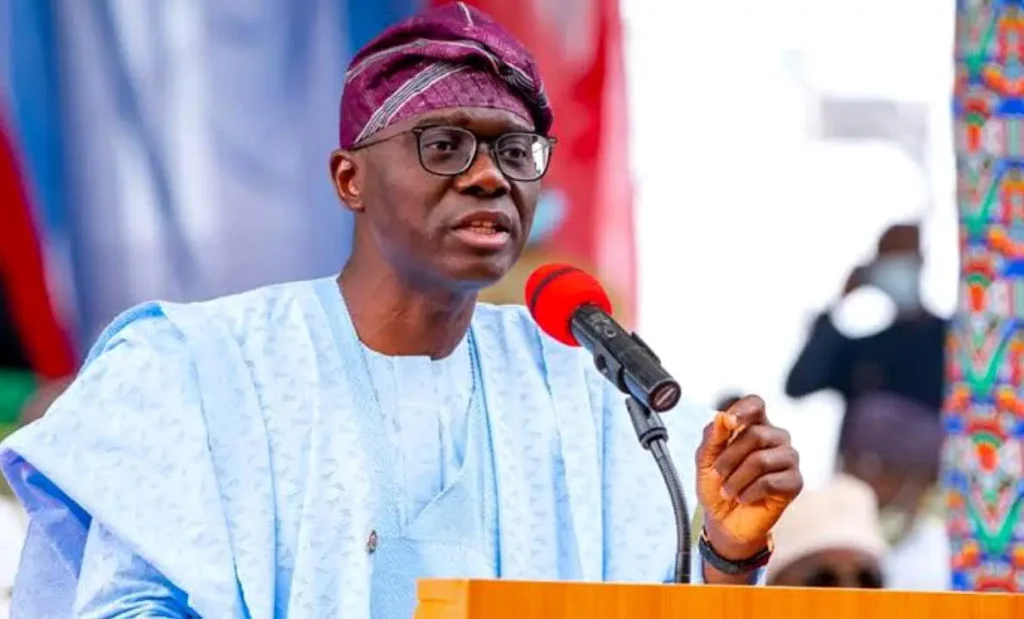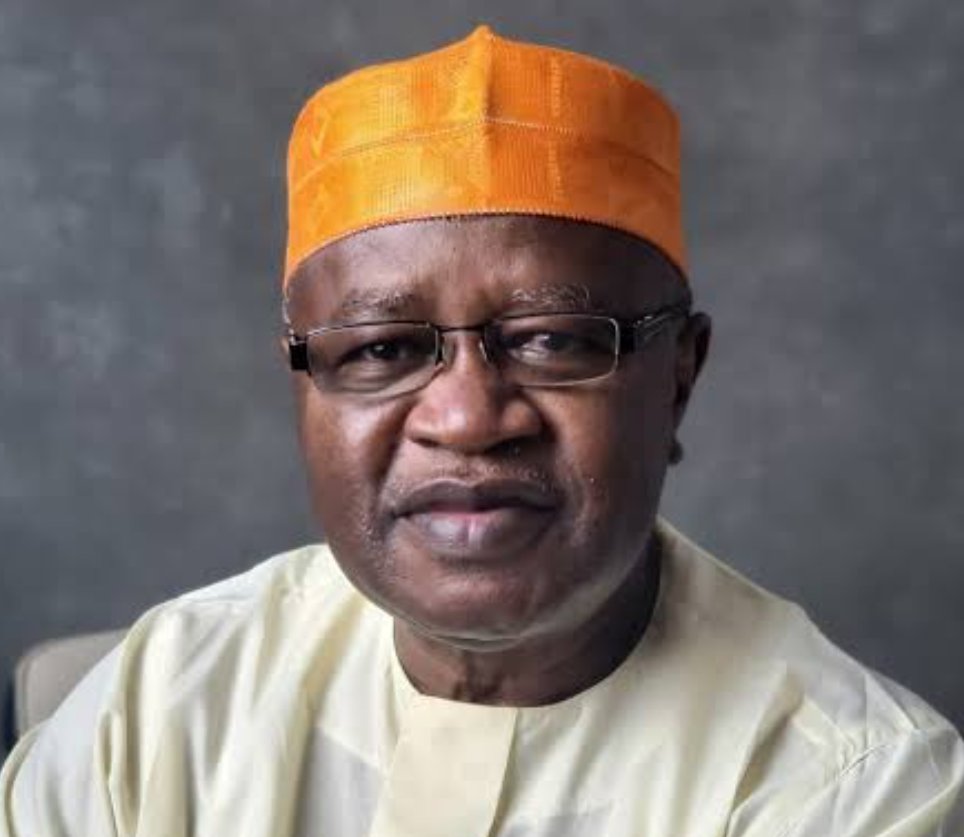In a concerning development, Nigerian women associated with the Partnerships for Advancing Women in Economic Development (PAWED) have voiced their dismay over what they perceive as a severely insufficient allocation of funds for women’s economic development in the proposed 2024 budget. This comes at a time when the government is emphasizing a renewed investment in women’s economic empowerment under the Renewed Hope Agenda.
During a press conference in Abuja, Funmilayo Arowoogun, the National President of NECA National Entrepreneurship Women, highlighted the sharp decline in funding, stating that the proposed budget of N12.59 billion for women in 2024 represents an 82% reduction from the allocation of N78 billion in 2023. She further noted that the 2024 budget only includes 99 Women’s Economic Empowerment (WEE) projects, compared to 164 projects in the 2022 budget, reflecting a worrisome trend.
Members of the group, including the Association of Women Entrepreneurs (AWITA), the National Association of Women Entrepreneurs (NAWE), and the National Council for Women Societies (NCWS), also expressed concern over the significant decrease in the number of WEE projects targeting women, youth, and others in the 2024 proposed budget, compared to the provisions in 2023. They emphasized that the N12.57 billion allocation for WEE lines, when added to the N12.59 billion allocated for women-only WEE projects, results in the lowest WEE budget allocation since 2019, constituting less than one percent of the 2024 budgetary capital allocation.
While acknowledging the Federal Government’s commitment to the economic empowerment of Nigerian women as part of the Renewed Hope Agenda, Mrs. Arowoogun recognized the nation’s tight fiscal space. However, she stressed the potential negative impact of reduced funding for WEE on the government’s targets for women’s economic empowerment.
The group made a fervent appeal to the Federal government for a comprehensive review of the 2024 budget allocation for WEE, urging for a more gender-disaggregated and beneficiary-specific approach. They emphasized the importance of aligning the budget with the laudable commitments of the Renewed Hope Agenda to work towards a more inclusive and economically empowered Nigeria.
The voices of these women shed light on a critical issue that transcends borders, as the global community continues to strive for gender equality and inclusive economic development. As Nigeria navigates these challenges, the world watches with bated breath, hoping for a positive shift towards a more equitable and prosperous future for all.



